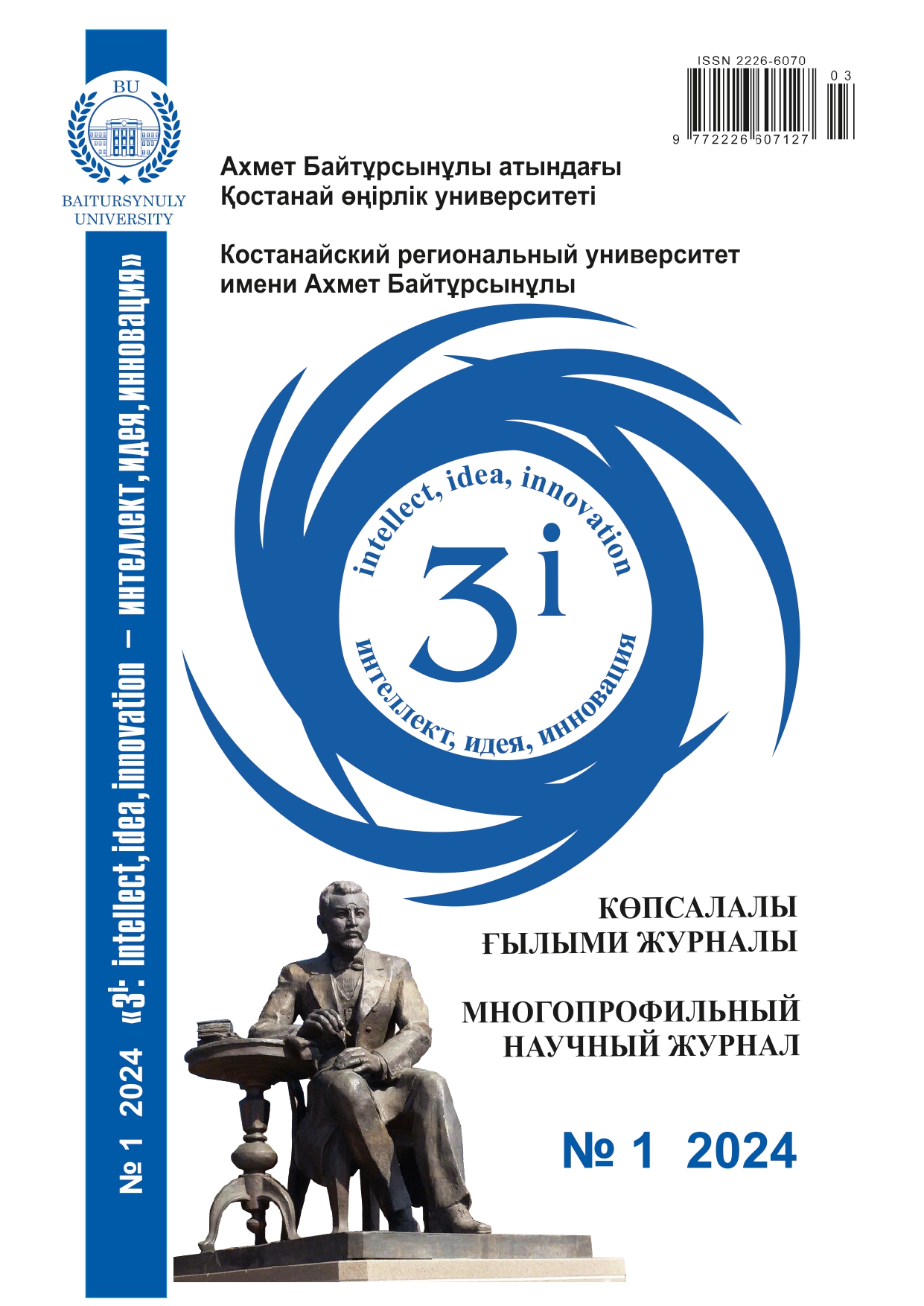PREPARATION OF FUTURE TEACHERS FOR THE DEVELOPMENT OF METACOGNITIONAL ACTIVITY OF JUNIOR SCHOOL CHILDREN
DOI:
https://doi.org/10.52269/22266070_2024_1_137Keywords:
metacognition, elementary school teacher, elementary schoolchild, metacognitive activity, mental activity, STA concept in teacher trainingAbstract
In this article, the authors present the results of a study of the problem of preparing future teachers for the development of metacognitive activity of primary schoolchildren. The relevance of the research topic is due to the need to improve the methodological conditions for preparing future teachers for this relatively new pedagogical task, reflecting the needs of society. The basic concepts are clarified: metacognition, metacognitive activity of a primary school student. During the study, both general scientific and special and interdisciplinary methods were used. The authors analyzed and summarized current approaches to understanding the role and essence of metacognitive activity in the development of modern society and its needs. Based on the analysis and systematization of Kazakh and foreign works in the field of approaches to preparing future teachers for the development of medical educational activity of junior schoolchildren, the key conceptual foundations for improving the methodological conditions for teacher training have been identified. The results and discussions outline the identified relationship between social demand, the needs of the university to improve training and the personal needs of the future teacher as a professional. The prospects for using the STA concept have been determined and an STA complex of key criteria for preparing future teachers for the development of metacognitive activity of primary schoolchildren has been developed, and a technological map for its implementation, developed on the basis of the thesaurus method, has been proposed.




